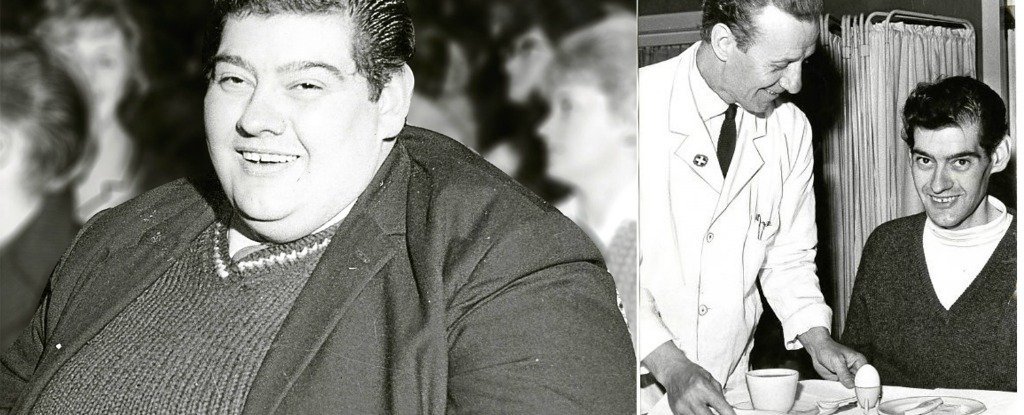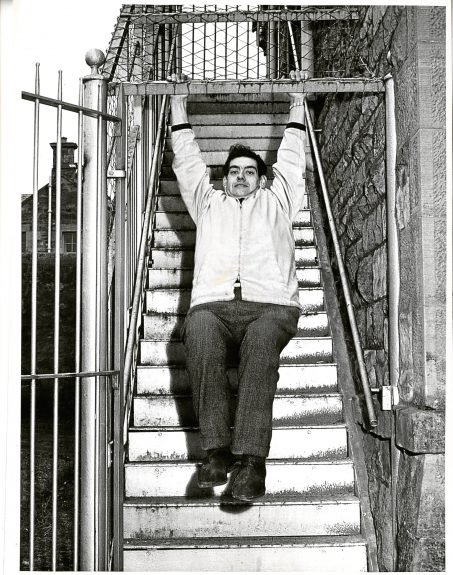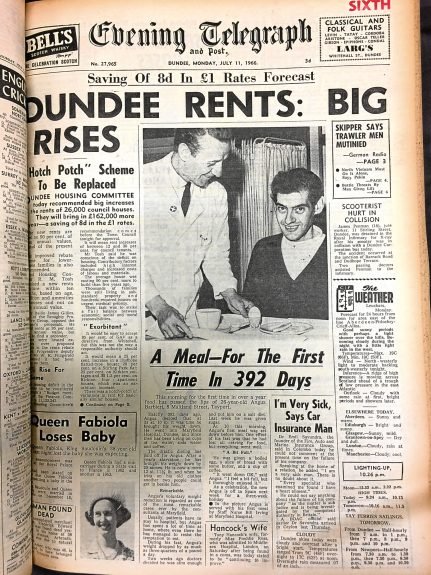Ever had a massive lunch and sworn you wouldn’t eat for another week? I certainly have. But such is the human body that we go back to that sweet sweet culinary goodness by dinner time. Now that’s only partly because we can’t resist them yummies, and mostly because starvation would eventually kill us. Well, one man proved that as incredibly rare as it may be, it actually is possible for certain body types to stay off food for long periods of time and not waste away to death.
Angus Barbieri from Tayport, Scotland, was obese to a point of concern when he went to the University Department of Medicine at the Royal Infirmary of Dundee in 1965. And as part of his recovery from obesity, he went a whopping 382 days without food in this unbelievable transformation story.

Weighing in at about 207 kg at the time of admission, Barbieri was put on a short fast to shed some weight. He lived on a diet of tea, coffee, water and soda water – ’cause as opposed to hunger, thirst would kill the human body a lot faster – along with vitamin supplements given to him by the doctors. But a few days turned to weeks and weeks to months as he felt inclined to soldier on, to reach his ideal weight.
Angus continued his diet from home and came in for regular check-ups and overnight stays for observation. Periodic blood tests, originally intended to ensure that his body remained able to function despite being very hypoglycemic, were proof that he did sincerely stick to his fast throughout the 382 days.

On July 11th, 1966, at the end of his awe-inspiring journey, Angus weighed 82 kg and managed to keep it off in the long term – which the doctors didn’t originally believe was possible in Barbieri’s case. Five years later, in 1971, he weighed 89 kg.
Angus Barbeiri still remains one of the most extreme examples of a starvation diet used in treating obesity after researchers published a study in 1964 – that starved obese subjects for periods of 12 to 117 days – observing prolonged starvation, on a diet of water and vitamins, to be effective in treating the condition.
After recovering from his incredible fast, Angus continued to live a fulfilling life and raise two sons. He died in September 1990.

And if you put aside the medical marvel of it, you’d be able to admire just how much the human body’s capable of. And more importantly, especially in the case of Barbieri, the human mind.

















